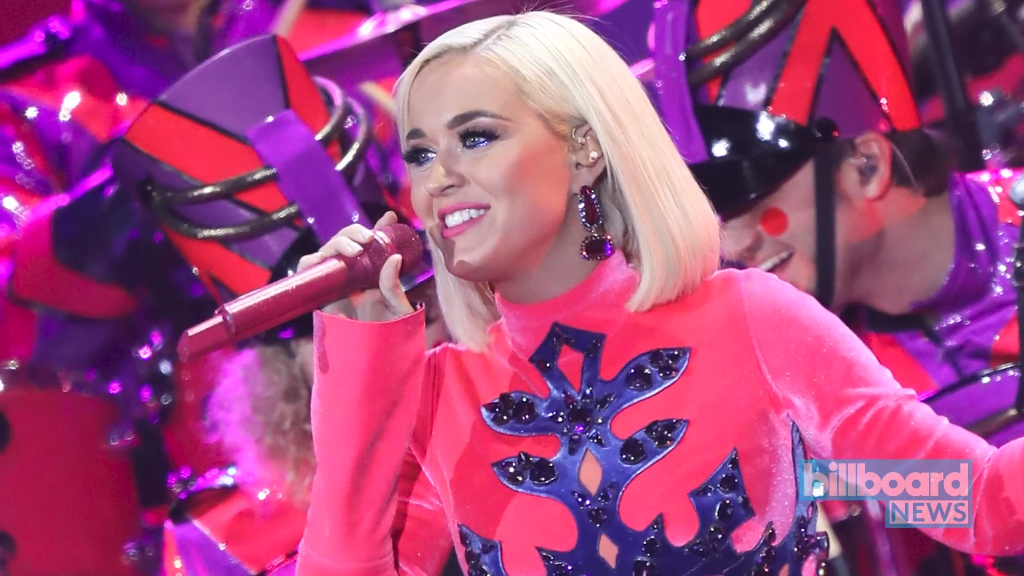More than a half a year after a California jury stunned the music world by punishing Perry for ripping off a Christian rapper’s song, a judge finds there was nothing protectable to infringe.
It took much longer than expected but seven months after the conclusion of a copyright trial that stunned the music world, a California federal judge on Tuesday delivered a win to Katy Perry, Capitol Records, Lukasz “Dr. Luke” Gottwald and others who worked on the 2013 hit “Dark Horse.” In an opinion today, U.S. District Court Judge Christina Snyder finds the defendants are not liable for infringing a Christian rapper’s song. As a result, Marcus Gray, known professionally as Flame, finds his $2.8 million jury verdict wiped out.
Judge Snyder comes to the conclusion after reviewing the evidence presented at the July trial and finding that Gray can’t satisfy the extrinsic test, which requires that a copyright plaintiff identify concrete elements based on objective criteria that the works are similar.
Flame’s “Joyful Noise” is analyzed, and the judge considers the elements identified by his musicologist Todd Decker. But none of these elements including pitch sequence and the temporal spacing of notes is protectable, writes the judge.
The judge then looks at whether Flame can claim any protection in the combination of unprotected elements.
“It is undisputed in this case, even viewing the evidence in the light most favorable to plaintiffs, that the signature elements of the 8-note ostinato in ‘Joyful Noise’… is not a particularly unique or rare combination, even in its deployment as an ostinato: prior compositions, including prior works composed by the parties, as well as what all agree is a separate non-infringing ostinato in ‘Dark Horse,’ all contain similar elements,” states the judge’s opinion (read here).
“Because the sole musical phrase that plaintiffs claim infringement upon is not protectable expression, the extrinsic test is not satisfied, and plaintiffs’ infringement claim — even with the evidence construed in plaintiffs’ favor — fails as a matter of law,” continues the decision.
Snyder enters judgement for the defendants. The judge notes that had she not come to this conclusion, she would have also exercised discretion to order a new trial on damages.
The decision comes a week after the Ninth Circuit Court of Appeals handed Led Zeppelin a win in an important copyright case over “Stairway to Heaven.” In fact, that opinion gets plenty of play in today’s decision.
After the ruling, Perry’s lead attorney Christine Lepera said in a statement, “In a well reasoned and methodical decision, the court properly vacated the jury verdict, finding that Dark Horse does not infringe Joyful Noise, as a matter of law. This an important victory for music creators and the music industry, recognizing that music building blocks cannot be monopolized. The creators of Dark Horse stand vindicated.”
An attorney who represents Marcus Gray said in a statement that they will appeal the judge’s ruling.
“When the jurors returned a unanimous verdict of infringement, I cautioned my clients that we had only finished Round 11 of a 15-round match and that the next round would take place in the court of appeals,” attorney Michael A. Kahn said. “We believe the jury was right and will do our best to restore their verdict on appeal.”
A version of this article was originally published by The Hollywood Reporter.


